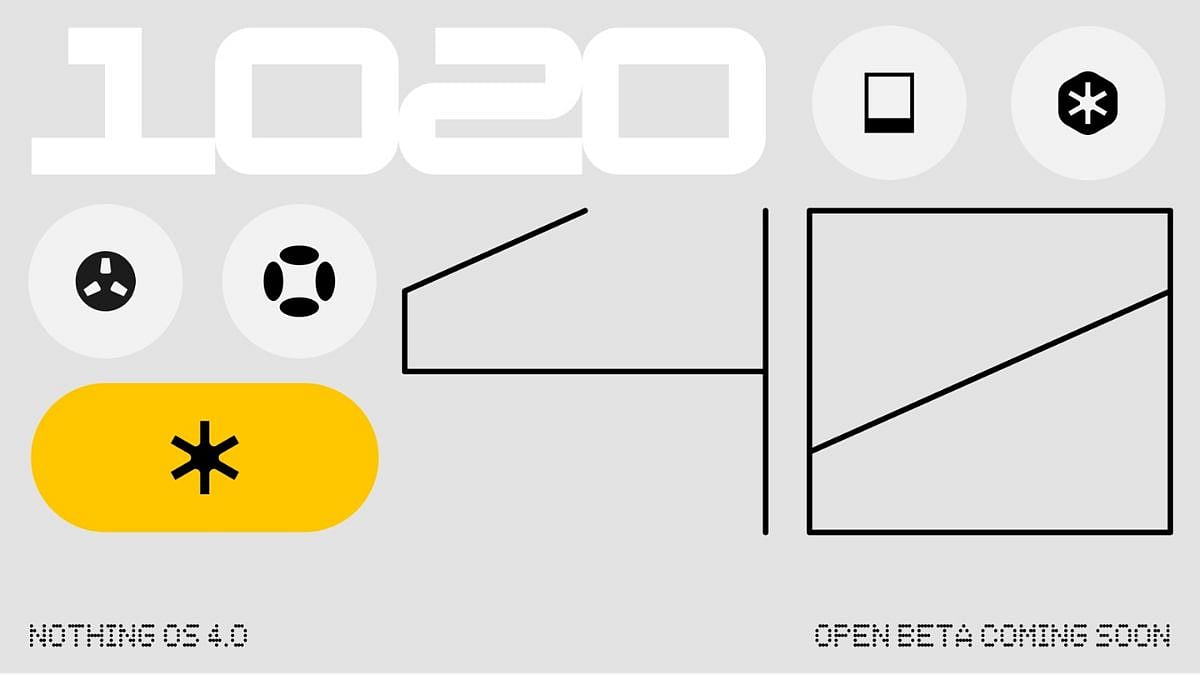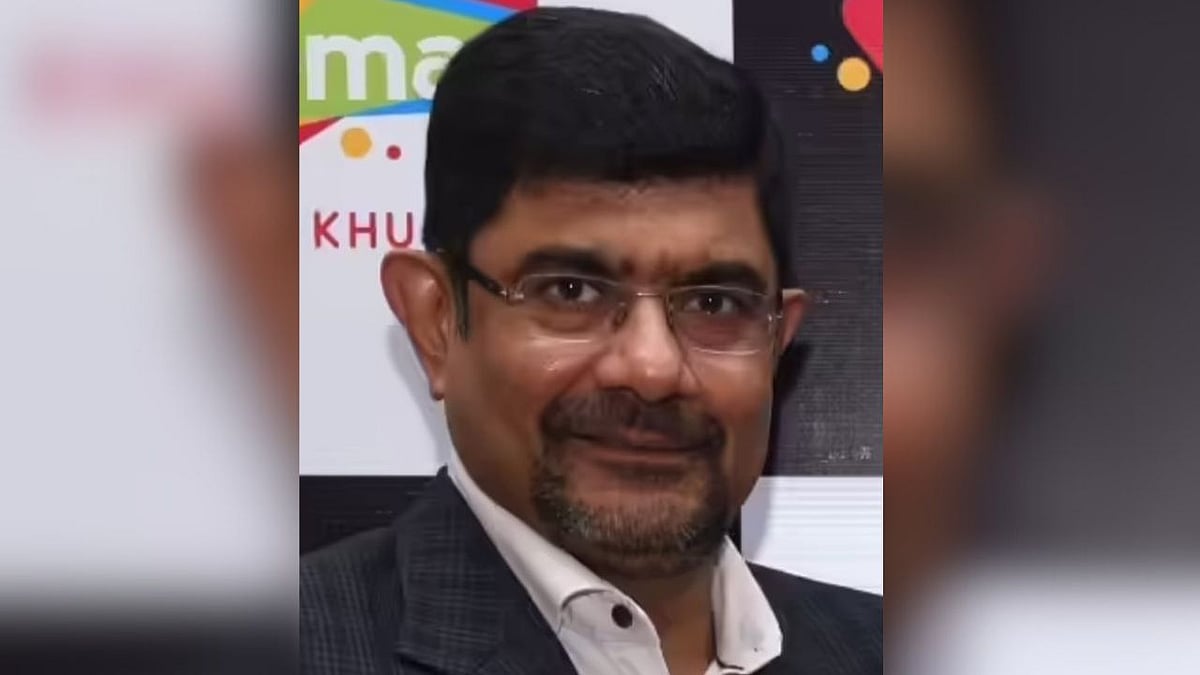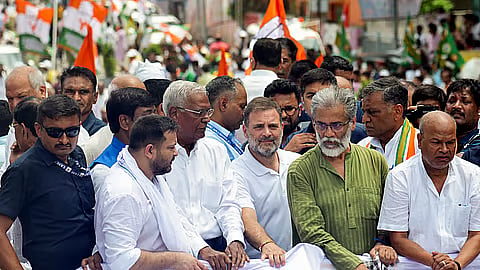In what is being seen as sounding the campaign gong for Lok Sabha election 2024, Union Home Minister Amit Shah exhorted voters in West Bengal on November 29 to ensure that Narendra Modi returns as prime minister for the third successive term. He also reiterated that the Centre will introduce the Citizenship (Amendment) Act (CAA) and that no one can stop it from doing so.
This is not the first time that he, and other leaders from the Bharatiya Janata Party (BJP), have reiterated that the CAA will be implemented. Despite being passed four years ago, it cannot be implemented without the rules being notified.
There has also been strong opposition against the Act.
Challenges in implementing CAA
It aims to facilitate grant of citizenship to migrants belonging to Hindu, Sikh, Buddhist, Jain, Parsi and Christian communities from Pakistan, Bangladesh and Afghanistan who entered India on or before December 31, 2014, “and who have been exempted by the Central Government by or under clause (c) of sub-section (2) of section 3 of the Passport (Entry into India) Act, 1920 or from the application of the provisions of the Foreigners Act, 1946 or any rule or order made thereunder,” according to Minister of State for Home Affairs Nityanand Rai in a written reply in the Lok Sabha. (https://pib.gov.in/PressReleasePage.aspx?PRID=1744502)
Apart from the CAA, the National Register of Citizens (NRC) has also been an emotive political issue. The government has clarified that there is no relation between the two. So far, the NRC has been a state-specific exercise to maintain ethnic uniqueness. However, there is a growing demand for its implementation across the country.
“(The) Government decided to update the National Population Register (NPR) under the Citizenship Act, 1955 along with the first phase of Census, 2021. The demographic and other particulars of each family and individual were to be updated/collected during the exercise of updation of NPR. No document is to be collected during this exercise. However, due to the outbreak of Covid-19, the updation of NPR and other related field activities have been postponed,” Rai said in his August 10, 2021 reply.
In Assam, a list drawn to identify bona fide residents under the NRC and deport illegal migrants to Bangladesh led to many being detained in confinement centres. Questions were also raised over the manner in which the list was drawn.
West Bengal's political landscape
In West Bengal, two significant follower-bases of the BJP have stands on the separate issues of the CAA and NRC. Lately, the BJP has made considerable gains in the state. In 2019, it won 18 out of the 42 Lok Sabha seats in the eastern state and followed up two years later with an impressive haul of 77 in the 294-member state assembly.
In 2021, the party cornered a vote share of 38 per cent, displacing the Left and the Congress as the main opposition political dispensation in West Bengal.
The BJP now intends to improve its tally in the 2024 Lok Sabha elections, and then in 2026 Assembly polls. In this quest, the party would need continued support from certain communities which have stood by it in 2019 and 2021 elections.
Matua community's concerns over CAA
A sizeable segment of the Matua community had thrown its weight behind the BJP. It is the second largest sub-group – comprising over 17 per cent – among Scheduled Castes in West Bengal. It is a closely knit group in the state belonging to the Namashudra community.
Bongaon MP Santanu Thakur, who is a junior minister in the Narendra Modi-led ministry, belongs to Matua Thakurbari – the community headquarter. He leads one faction of the Mahasangha – the supreme religious body of Matua, and defeated his aunt and the then sitting MP from Bongaon Mamata Thakur (of Trinamool Congress). The aunt has been alleging the CAA will do refugees more harm than good.
Matuas had come to West Bengal as refugees from erstwhile East Pakistan (now Bangladesh) and are considered strong in around 20 Assembly segments in Nadia, North- and South 24 Parganas districts. Thakur has consistently raised his voice for citizenship based on religious identity. The primary reason for supporting the BJP is the hope of his followers getting citizenship through the Act. The NRA may not augur well for them due to obvious reasons.
Rajbanshis' back BJP
And in the north of the state, the BJP has a solid support base among the Rajbanshi community. They are the largest sub-groups of the SC community – with about 18 per cent representation – in West Bengal.
Incidentally, the BJP has done well in North Bengal. In 2019, it won seven of the eight Lok Sabha seats in the region and in 2021, bagged 30 of the 54 assembly constituencies in the north districts.
This community had supported the NRC in Assam – a state where they have representation as well – thinking it would remove non-tribals from their “ancestors’ land”. However, many among them consider CAA likely to enable specific immigrants to obtain legal status.
Another junior minister at the Centre, Nisith Pramanik is a representative of the Rajbanshi community. He won the Cooch Behar Lok Sabha seat in North Bengal where the BJP bagged seven of the nine assembly seats in assembly elections.
Complications with CAA
Apart from the political conundrum in the state, there is another issue. Citizenship (Amendment) Act, 2019 has been on headlines and featured in debates despite the fact that the Ministry of Home Affairs (MHA) is yet to notify the rules governing the Act. The legislation cannot be implemented without the rules being notified.
The Act has been notified on December 12, 2019 and has come into force with effect from January 10, 2020. (https://pib.gov.in/PressReleasePage.aspx?PRID=1744502)
The Manual on Parliamentary Work says that after the law is passed, “In case the Ministries/Departments are not able to frame the rules within the prescribed period of six months, they should seek extension of time from the Committee on Subordinate Legislation stating reasons for such extension; such extension being not more than for a period of three months at a time. The request should be made after obtaining the approval of the Minister.” (Page 78; Para 11.3.2; https://www.mpa.gov.in/sites/default/files/Manual2018_0_0.pdf)
Consistent with norms, the Ministry of Home Affairs (MHA) has sought extensions from time to time to frame the rules of CAA.
Shah also stated, “The Central Government has received resolutions adopted by Legislative Assemblies of certain States, i.e. State Governments of Meghalaya, West Bengal, Tamil Nadu, Kerala and Punjab. State Government of Kerala and State Government of Rajasthan have also filed Original Suits in the Honourable Supreme Court under Article 131 of the Constitution of India.”
To be or not to be
In March 2020, Telangana also joined the rest to pass a resolution against CAA.
Nityanand Rai, however, informed in his written answer that “Article 246(1) of the Constitution of India provides exclusive powers to Parliament to make laws with respect to any of the matters enumerated in List I of the Seventh Schedule to the Constitution. Entry under Serial No. 17 of List I – Union List provides as under : - 17. Citizenship, naturalisation and aliens.
“In exercise of these powers, the Citizenship (Amendment) Bill, 2019 (CAB) was considered and passed in the Lok Sabha and Rajya Sabha and became the Citizenship (Amendment) Act, 2019 (CAA) on receiving assent of the President of India on 12.12.2019,” he added.
Considering these issues related to the two legislations, it is now a question of if ‘to be’, then when?
(Jayanta Bhattacharya is a Delhi-based journalist who’s been covering politics and conflict in South Asia for over three decades. He has covered the war in Afghanistan since 1991. He also writes on farmer and human interest issues.)











